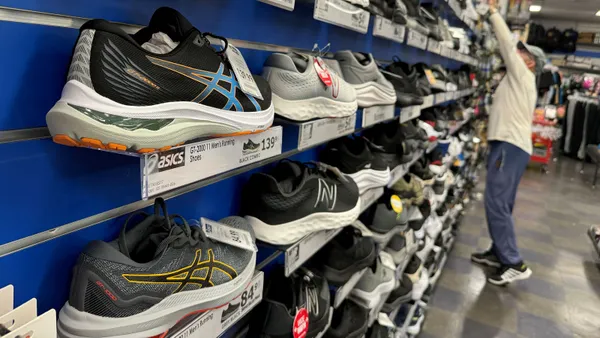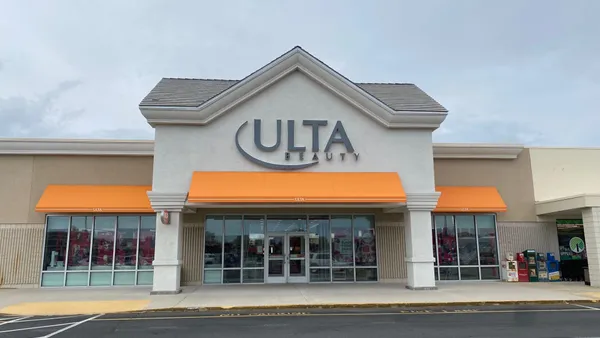Dive Brief:
- In a narrow 5-4 ruling, the Supreme Court on Monday ruled in favor of American Express in Ohio v. American Express, concluding that the company's anti-steering provisions did not violate federal antitrust law, according to the majority opinion written by Justice Clarence Thomas. He also wrote that credit networks like Amex provide services to cardholders and merchants in a special "two-sided platform known as a 'transaction platform.'"
- While most credit card companies earn their revenue by collecting interest from cardholders, Amex's model depends heavily on merchant fees, which are higher than for other credit cards. The company's anti-steering provision prevents merchants from steering customers with incentives to pay for purchases with other cards with lower processing fees. Ohio and 10 other states, however, failed to prove that Amex's anti-steering provision caused competitive harm in the market.
- Retail groups including the Retail Industry Leaders Association and the National Retail Federation, which supported the states, say the decision is a huge loss for merchants, consumers and competition in the payments space.
Dive Insight:
Industry experts characterized the court's decision as a major loss for the retail industry. According to NRF Senior Vice President and General Counsel Stephanie Martz, it's essentially a "gag order on retailers' ability to educate their customers on how high swipe fees drive up the price of merchandise."
In a press release on the matter, Martz said the Supreme Court has "undermined the principle of free markets where one company should not be allowed to dictate the practices of an entire industry in order to protect its business model." Retailers are charged swipe fees for every transaction process, and those fees add up to $70 billion a year nationwide, according to the NRF.
RILA argues the decision will allow Amex to "stifle competition," and noted in a press release Monday that the group will continue to fight credit card companies on multiple fronts.
It's a "huge win for the big guys," according to Thomas Jackson, who serves as counsel to a non-profit organization focused on information security issues. Amex has roughly 26% of the credit card market, trailing market leader Visa, which controls 45%, and has roughly 53 million cards in circulation. By comparison, Visa and MasterCard account for more than 432 million cards in circulation, according to the Supreme Court's opinion.
“In a nutshell, by applying a 'two-sided market' test as the U.S. Supreme Court did today in deciding Ohio v. American Express, in the technology sector where there is a handful of dominant players, it becomes far more difficult to challenge the actions of companies like Amazon, Facebook and Google," Jackson said in comments emailed to Retail Dive.
"Each of these technology platforms serves two types of interdependent markets or customers. In the case of Google and Facebook, consumers and advertisers and, in the case of Amazon, consumers and companies whose products it distributes and companies that sell products directly on its platform. Now to challenge successfully a practice claimed to be anticompetitive on antitrust grounds, there must be a showing that both sides are harmed. Causing harm to one while benefiting the other just won't fly."












